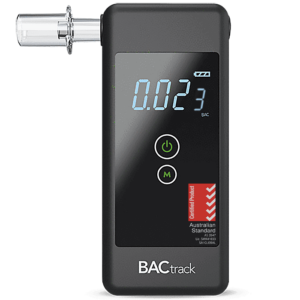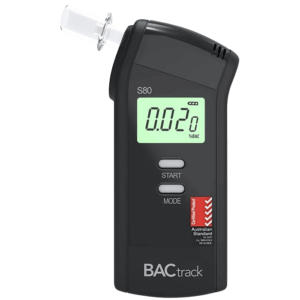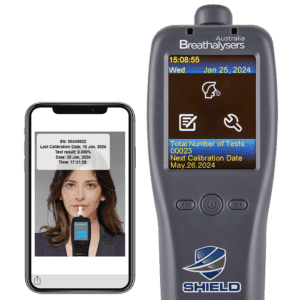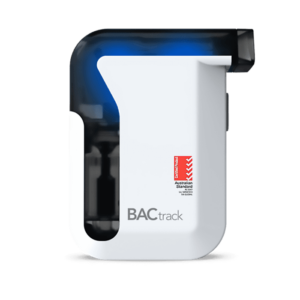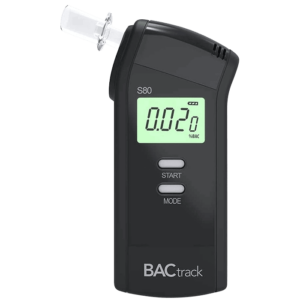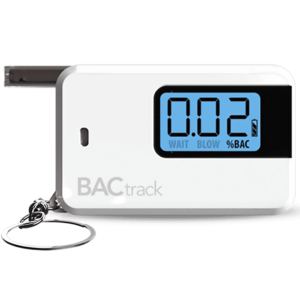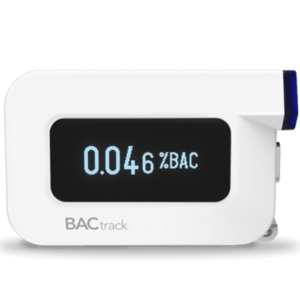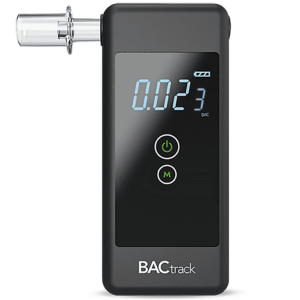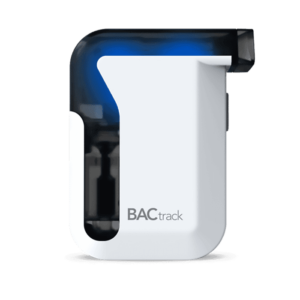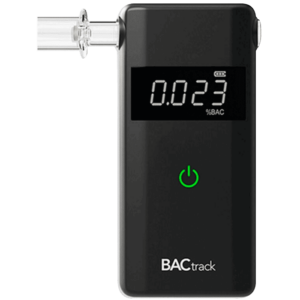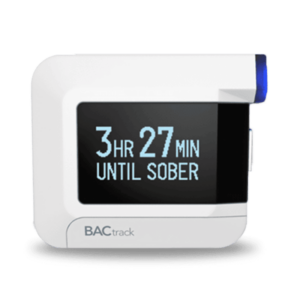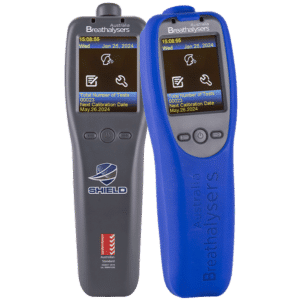Drink Driving Charges in NZ: Everything You Need to Know
07 July, 2023
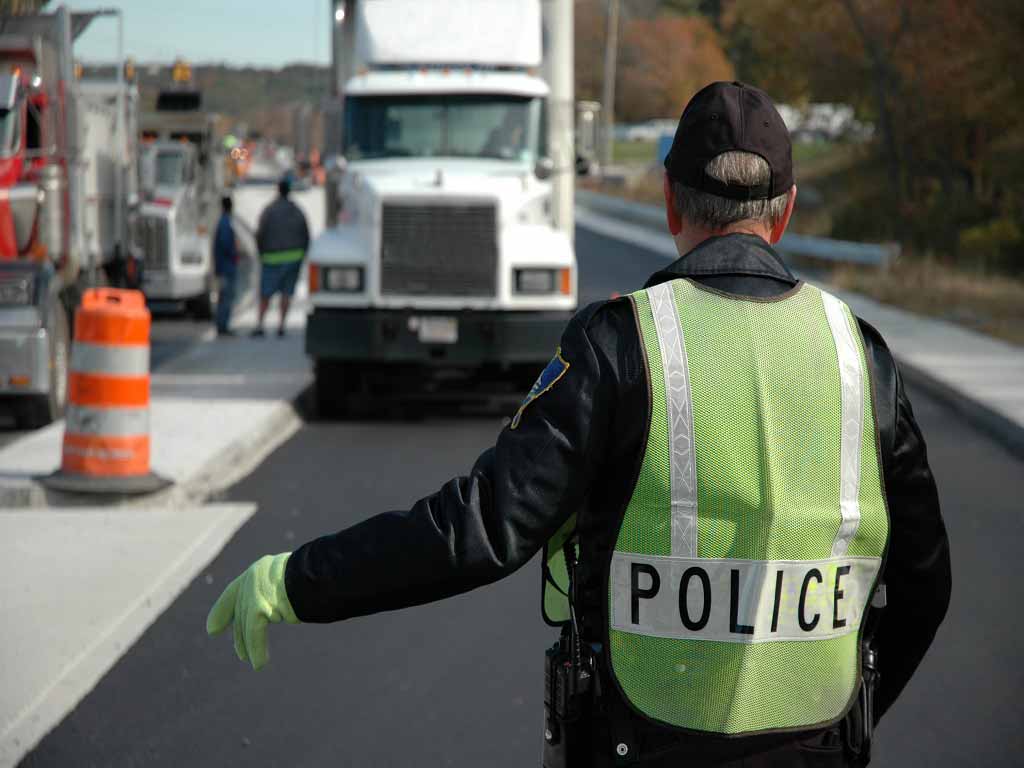
New Zealand implements strict drink driving laws to ensure the safety of drivers and other road users. The New Zealand Transport Agency reports that approximately one-third of fatal crashes each year are caused by impaired driving. Therefore, authorities treat it as a serious offence and impose severe penalties. Drink driving charges in NZ include fines, imprisonment, and ignition interlock. Moreover, the severity of these penalties depends on factors like alcohol content, age, and legal limit.
Traffic officers routinely conduct roadside screenings to check drivers’ alcohol levels. Despite the implementation of numerous sobriety checkpoints in the country, intoxicated driving remains a problem. Therefore, individuals must prioritise compliance with drink driving regulations to minimise alcohol-related hazards. Furthermore, actively familiarising oneself with these laws is important to avoid facing legal consequences. This article will provide a general overview of the charges involved in drink driving and present preventive measures.
Drink Driving Charges in NZ Based on Age
Drink driving charges in NZ vary based on age and alcohol levels. Those under 20 years old have a zero alcohol limit while driving. If caught driving with alcohol levels below 150 mg per litre of breath, they can be fined. Moreover, higher levels may lead to disqualification, 50 demerit points, and possible fines or imprisonment.
For individuals aged 20 and above, the legal alcohol limit while driving is 250 mcg per litre of breath. Exceeding this limit incurs a fine and 50 demerit points. In severe cases, drink driving with injuries or deaths can result in significant penalties. These include up to 10 years in prison, fines up to $20,000, and extended license suspension.
However, offenders have options to consider when faced with drink driving penalties. First, they can seek the services of a lawyer or obtain legal advice. These professionals can assist them in understanding their options and guide them in reducing their charges. Second, offenders can fulfill the imposed fines and penalties. Afterwards, they can apply for the removal of an indefinite disqualification with a satisfactory assessment from the Ministry of Health.
Drink Driving Penalties
- Hefty fines: the law imposes substantial monetary penalties as a consequence of a drink driving offense.
- License suspension: authorities suspend the person’s driving license, temporarily revoking their driving privileges for a certain period.
- Ignition interlocks: devices installed in a vehicle prevent it from starting if the driver’s breath contains alcohol above a certain limit.
- Impounding vehicles: authorities temporarily confiscate a person’s vehicle. The length of impoundment can range from a few days to several weeks.
- Possible jail time: the convicted person may have to serve time in jail. The justice system reserves jail time for the most severe cases of drink driving.
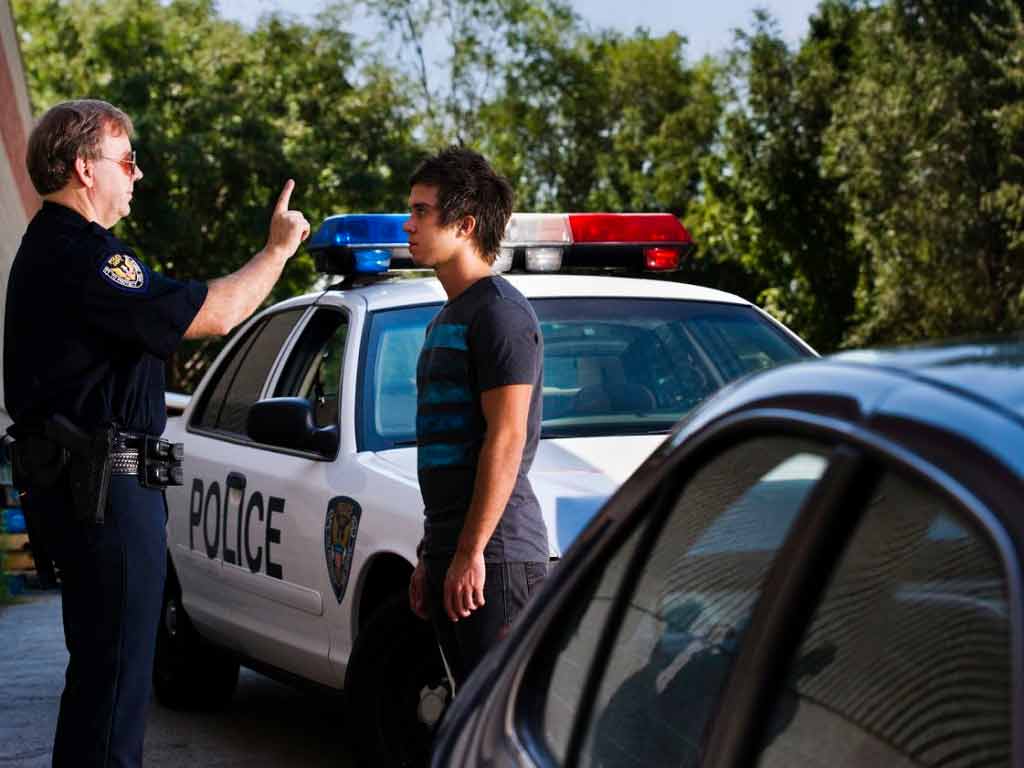
Drink Driving Charges in NZ: Roadside Breath Test
Police officers conduct roadside tests on drivers to determine alcohol impairment and potential drink driving charges in NZ. They randomly stop vehicles and set up checkpoints throughout the country. When stopped, drivers must comply with alcohol breath testing. Furthermore, police officers can conduct random screening if they suspect the driver to be intoxicated.
During a roadside test, law enforcement may instruct the individual to speak into a breathalyser device. If the device detects alcohol, the police officer will proceed with an active breath test. In this procedure, the person will need to blow steadily into the breathalyser. The device will then analyse the breath sample and display the Blood Alcohol Concentration (BAC) level on the screen.
If the driver’s BAC is below the legal alcohol limit, they pass the screening. However, if the BAC exceeds the limit, the police will require them to undergo an evidential breath or blood test. The police can use the results of this test as evidence in court. Additionally, law enforcement has the authority to confiscate the driver’s license and issue an infringement notice.
Can Drivers Refuse a Breath Test?
Drivers have the right to refuse a breath screening or evidential breath testing. However, if someone refuses these tests, a police officer can ask them to undergo a blood test. People may also take a blood test if they exceed the limit in evidential breath test
There are various reasons why some drivers might refuse a breath test. For instance, if they have a medical condition that is likely to raise their BAC level. Additionally, refusing a police test can result in severe penalties. Therefore, law enforcement authorities always advise drivers to agree to the test during a roadside inspection.
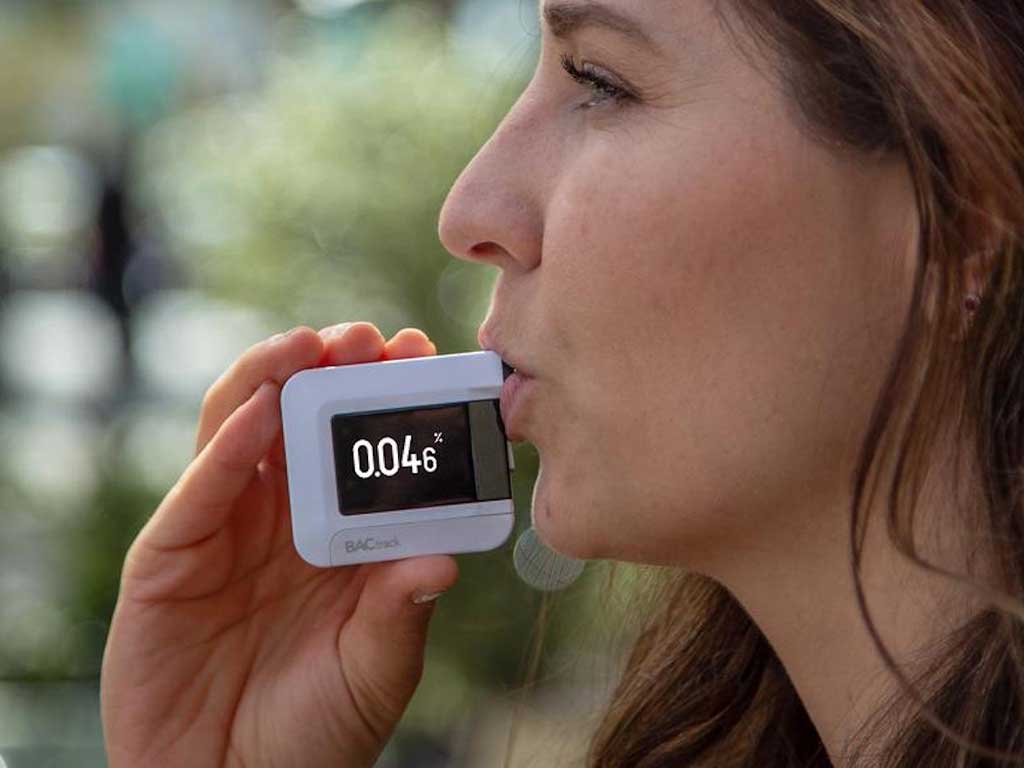
How to Prevent Drink Driving Charges in NZ
Some individuals choose not to engage in alcohol-impaired driving to avoid drink driving charges in NZ. However, some drivers may face difficulty in assessing their ability to drive safely. Fortunately, there are various methods available to prevent such incidents. One effective option is the utilisation of personal breathalysers like BACtrack S80 Pro. These devices resemble the handheld units used by law enforcement.
A breathalyser is an electronic gadget that analyses the breath to measure the BAC. Users find it effortless to operate devices like BACtrack due to their simple one-touch operation. Furthermore, the breathalyser displays the results in 10 to 15 seconds, enabling drivers to view their BAC levels instantly. This real-time information assists them in making informed decisions regarding the safety of driving.
In addition, drivers should know their alcohol limits. If they have reached the legal limit, they can choose to cease drinking and wait for their BAC level to decrease. Another option is to designate a sober driver who will remain alcohol-free for the evening. Lastly, when necessary, people should consider using alternative means of transportation.
Personal Breathalyser Safety Tips
To maximise the benefits of a personal breathalyser, individuals should follow several tips. One essential tip is to use a new mouthpiece for each breath test. Using a removable mouthpiece ensures precise breath samples for the sensors. Additionally, it is crucial to use a different mouthpiece when sharing the device with others to maintain hygiene.
For responsible alcohol consumption, individuals should actively check the BAC at least 15 minutes after drinking and then every hour. This active monitoring helps track the rate at which the BAC increases. Moreover, even if BAC is below the legal limit, alcohol levels can still increase.
Conclusion
Intoxicated driving poses numerous significant hazards, including accidents and fatal road crashes. Consequently, the government actively enforces stringent road laws in NZ to reduce the risks associated with drink driving. People who are caught driving with a BAC above the legal limit may face drink driving charges in NZ. Charges for such offenses include fines, license disqualification, imprisonment, and the need for an ignition interlock license. Moreover, the severity of the penalties depends on the person’s BAC level.
Facing legal charges can greatly impact one’s life, including work, financial status, and family relationships. Therefore, individuals need to seek guidance and advice from a lawyer. Moreover, to help prevent drink driving incidents or penalties, it is advisable to manage alcohol consumption. One effective way is to utilise a personal breathalyser, such as the BACtrack available at Breathalysers New Zealand. This device can measure the BAC in seconds and help individuals consume alcohol responsibly.

















